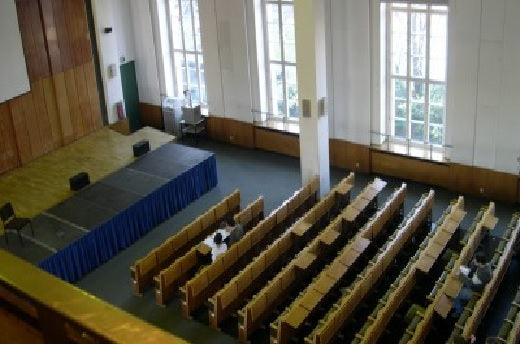Duftoase
Study quality in bachelor's and master's programs
Study quality in bachelor's and master's programs

Image source: http://bit.ly/OBlKRz
The graduated study model with Bachelor and Master is now firmly established throughout Europe. Extensive uniformity of course content promotes mobility and comparability on the one hand, but restricts the students' free development on the other. According to a current study by the German Center for Higher Education and Science Research, students are more satisfied than in previous years, although the point of “studyability” continues to be criticized. Only 45% experience their studies as “easy to complete in terms of time” and only 40% see good opportunities for specialization in their studies through sufficient “course choice options”.
Critical thinking and questioning fade into the background
The learning load of many courses should not be underestimated. Sure, nothing comes from nothing, but does the dull cramming make sense, especially for us as Generation Y (Generation “why” -> why, why, why)? Are the universities breeding small, functioning machines that are simply intended to be integrated into the job market in a targeted manner and without many “ifs and buts”? This certainly cannot be said in general terms, but the point of “practical relevance”, which is becoming increasingly relevant for students, is usually only sufficiently provided at universities of applied sciences. At least 70% of students see their practical skills being efficiently supported here. What is particularly alarming for experts, however, is the fact that fewer and fewer students are interested in research and/or scientific methods.
Neither practical relevance nor spiritual development?
If you interpret the DZHW survey results, students want above all more practical relevance (especially at universities), better opportunities for individual development and a lower requirement in terms of the amount of material and proof of performance. Tragic, because it is precisely these central points that were intended to be made easier with the introduction of graduated qualifications. But in reality, many bachelor's students, for example, find themselves inadequately prepared for the professional world and expanding their intellectual horizons through scientific work or insights into research fall by the wayside at the expense of memorization. Conclusion: A win-win situation has definitely not yet been achieved with the Bachelor/Master system.
Share


